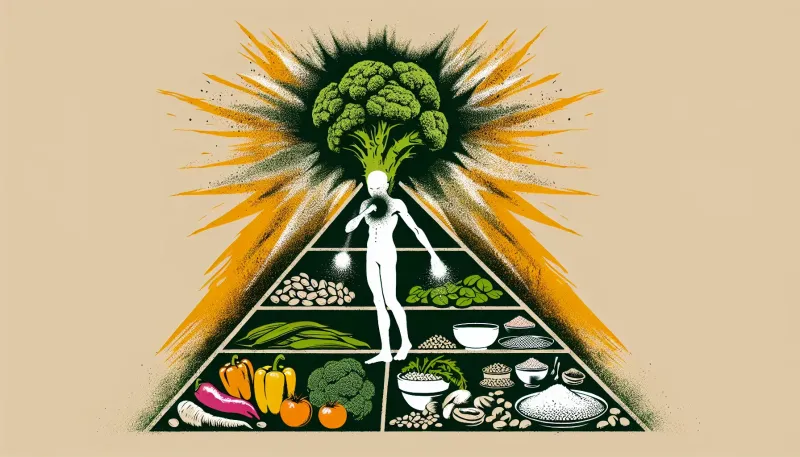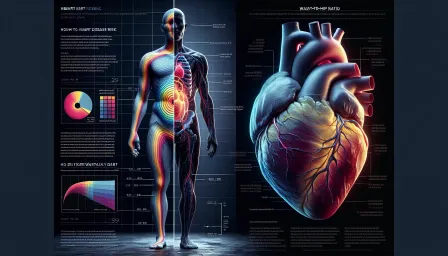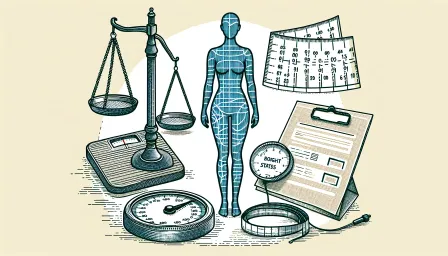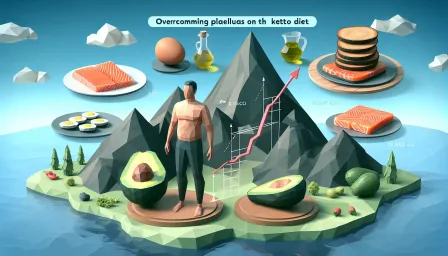The Impact of a Vegan Diet on Cancer Prevention and Survival

Explore how a vegan diet may influence cancer prevention and survival, backed by research and expert insights.
Introduction
The rising prevalence of cancer has led many to explore dietary interventions as possible preventative measures and aids in survival. Among these dietary approaches, the vegan diet — which eliminates all animal products — has garnered significant attention. This article delves into the potential impact of a vegan diet on cancer prevention and survival, analyzing available research and expert opinions to provide a comprehensive overview.
Understanding the Vegan Diet
A vegan diet is plant-based and excludes all forms of animal products, including meat, dairy, eggs, and honey. The primary components of a vegan diet are fruits, vegetables, grains, legumes, nuts, and seeds. This diet is often adopted for ethical, environmental, or health reasons. In the context of cancer, it's the health aspect that has prompted considerable interest and scientific investigation.
The Link Between Diet and Cancer
Mechanisms Behind Diet-Cancer Interactions
The link between diet and cancer is multifaceted, involving numerous mechanisms. Certain dietary patterns may influence cancer risk through body weight regulation, inflammation modulation, hormone regulation, and antioxidant intake. Diets rich in processed and red meat, for instance, are associated with increased risks of colorectal cancer, while fruit and vegetable-rich diets are linked to reduced risks.
Research on Vegan Diet and Cancer Prevention
Plant-Based Foods and Cancer Risk
Several studies suggest that consuming a vegan diet may lower the risk of certain types of cancer. For example, a study published in the JAMA Internal Medicine found that vegans had a statistically significant lower risk of all cancers compared to non-vegetarians. The high intake of fiber, antioxidants, and phytochemicals in plant-based foods is thought to exert protective effects against cancer.
Antioxidant and Anti-inflammatory Properties
Foods included in a vegan diet, such as berries, leafy greens, and whole grains, are rich in antioxidants that combat oxidative stress, a contributor to cancer development. Additionally, the anti-inflammatory properties of many plant foods can help reduce chronic inflammation, another risk factor for cancer.
Vegan Diet and Cancer Survival
Role in Cancer Treatment and Prognosis
Emerging research indicates that a vegan diet can also play a role in improving cancer survival rates and outcomes. According to the American Institute for Cancer Research, dietary patterns emphasizing plant-based foods are associated with better outcomes for cancer survivors. Lower intake of fat and higher intake of fiber and nutrients essential for tissue repair and immune function contribute to these outcomes.
Nutritional Considerations for Cancer Patients
While a vegan diet can be beneficial, it's critical for cancer patients adopting this diet to ensure they are meeting their nutritional needs. This includes adequate intake of protein, vitamins B12 and D, iron, calcium, and omega-3 fatty acids, often lacking in vegan diets but crucial for recovery and overall health.
Potential Challenges and Solutions
Adopting and Maintaining a Vegan Diet
Transitioning to a vegan diet can be challenging due to habitual dietary preferences, availability of plant-based foods, and social factors. Practical solutions include meal planning, consulting with a registered dietitian, and gradually transitioning to a plant-based diet.
Ensuring Nutritional Adequacy
Nutritional supplementation and the use of fortified foods can help address potential deficiencies. Regular monitoring of nutrient levels and health markers by healthcare professionals is recommended, especially for cancer patients with specific nutritional needs.
Conclusion
Current research underscores the potential benefits of a vegan diet in cancer prevention and survival. While more longitudinal studies are required to establish definitive conclusions, the existing evidence supports the inclusion of plant-based foods for their protective effects. Adopting a vegan diet should be approached with careful planning to ensure nutritional adequacy and should ideally be done under professional guidance, particularly for individuals undergoing cancer treatment.
For those considering a shift towards a vegan diet for cancer prevention or as a part of a cancer management plan, consulting with healthcare providers and nutrition specialists is essential to tailor the diet to individual health needs and circumstances.



























